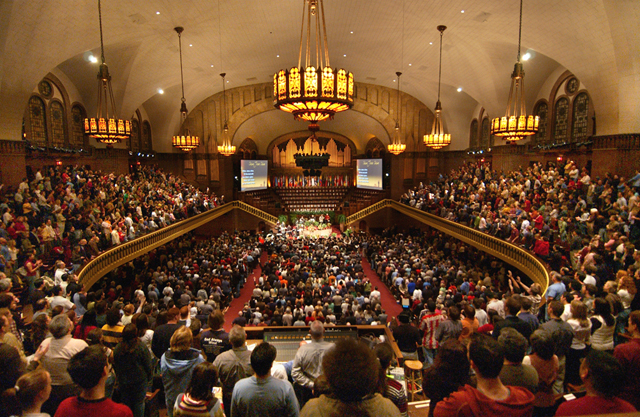Persistent Prayer
One thought has sustained me over the past two weeks: Hundreds of believers around the world are praying for our family. With so much unknown before us, knowing of these prayers has been deeply comforting. Especially in the morning, when it’s easy to fear and hard to start another day, I remember your prayers. In my mind’s eye, I envision … Read More
RESPONSE to Defiant Churches
To Churches Defying Medical & Political Leaders, Christians should be leading the way in terms of loving neighbors and exercising wisdom. Now that children and 30-50 year olds are known to be dying, there is no “safe” group per se. With that in mind, our witness can be damaged if we value ritual (even good rituals!) more than the innocent … Read More
Love, Liberty, & Caution: Why Jesus Would Wear A Mask
What’s most surprising right now is not the anti-science views circulating around the internet, but the callousness. There’s lots of debate, but less concern for the sick and the susceptible. All who fight for the “freedom” to not wear a mask overlook that the reason to wear a mask is for another person’s good, not their own. Good citizens, and especially people … Read More
How to Choose a Bible Commentary (Tips to Select the Best Commentaries)
I was recently asked some good questions about commentaries — basically, which ones are the best? To answer that, here are a few thoughts about which commentaries to use, as well as some practical advice to save you some money. Most scholars would advise not to buy a complete commentary set. This is because some volumes will be strong (even … Read More
The Purpose of Acts
The overall purpose of Acts is not to explain the Holy Spirt — i.e., as if Acts were a treatise on a single person of the Trinity. Yes, we could say the Spirit is the central character, and we can gather some theology of the Spirit from these narratives, but there is a much broader intent. After all, Acts is a … Read More
Promise in our Labor
Some of my favorite moments are when kids tell Bible stories. Today, I learned that Noah’s family had to cut down a lot of trees and that alligators are an in-between case, but probably made it onto the ark. And then there was a rainbow to show that God would not do that again, and Noah’s family had lots … Read More
Reasons to Welcome, Not Ban
25 Reasons Why Christians Should Welcome (Not Ban) Immigrants & Refugees God cares for all people, not just those inside a particular national border. As Christians, global citizenship trumps national citizenship. Christianity affirms that all people have the same value, regardless of their current religion, since all of creation comes from God. The Good Samaritan story includes ethnic dimensions: … Read More
The Particularity of Preaching
Preaching is an event.
- Page 1 of 2
- 1
- 2

















